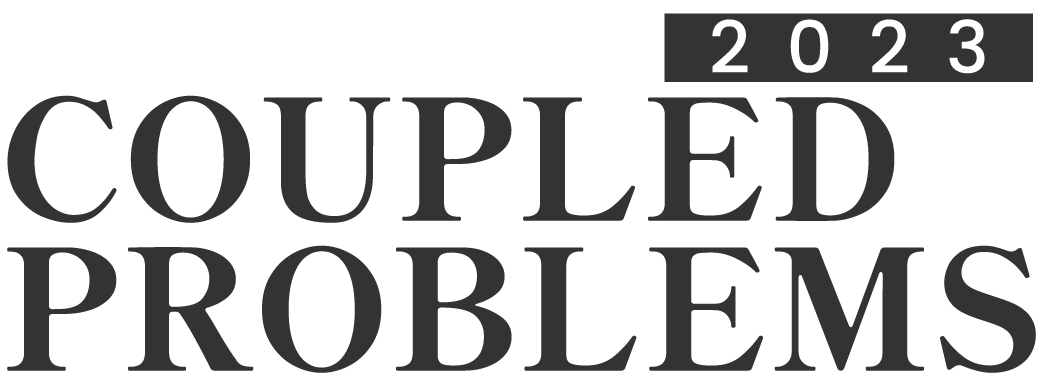

A Pipeline for Generating Patient-Specific Anatomical Models of the Heart from Cine Cardiac MRI
Please login to view abstract download link
Image-based patient-specific anatomical models of the heart have the potential to be used in a variety of clinical scenarios such as diagnosis and prognosis of various cardiovascular diseases (CVDs), cardiac resynchronization therapy (CRT), ablation therapy, risk stratification, and minimally invasive cardiac interventions. Cardiac magnetic resonance imaging (MRI) provides images with high-resolution and superior soft tissue contrast making it the current gold-standard for imaging the cardiac structure. To build meaningful image-based personalized anatomical models of the heart, it is crucial to combine the geometric models of the cardiac chambers extracted from cine cardiac MRI with scar anatomy from the late gadolinium enhanced (LGE) MRI. There are several challenges to be tackled to generate patient-specific anatomical models of the heart from the cardiac MRI data. Firstly, accurate and robust automated segmentation of the cardiac chambers from the cine cardiac MRI data is essential to estimate cardiac function indices. Secondly, it is important to estimate cardiac motion from 4D cine MRI data to assess the kinematic and contractile properties of the myocardium. Thirdly, accurate registration of LGE MRI images with their corresponding cine MRI images is crucial to assess myocardial viability. With the advent of deep learning, medical image segmentation and registration have immensely benefited. We will share our results on sing a deep learning-based framework to generate personalized cardiac anatomical models using cardiac MRI data. We segment the cardiac chambers from an open-source cine cardiac MRI data using an adversarial deep learning framework. We propose a convolutional neural network (CNN) based 4D deformable registration algorithm for cardiac motion estimation from an open-source 4D cine cardiac MRI dataset, then extend this proposed CNN-based 4D deformable registration algorithm to develop dynamic patient-specific geometric models of the left ventricle (LV) myocardium and right ventricle (RV) endocardium. We present a deep learning framework for registration of cine and LGE MRI images. Additionally, we also present a self-supervised CNN to generate super-resolution cardiac MRI images.

